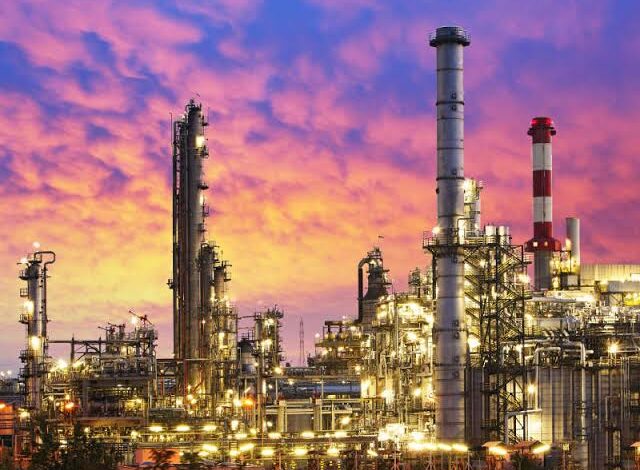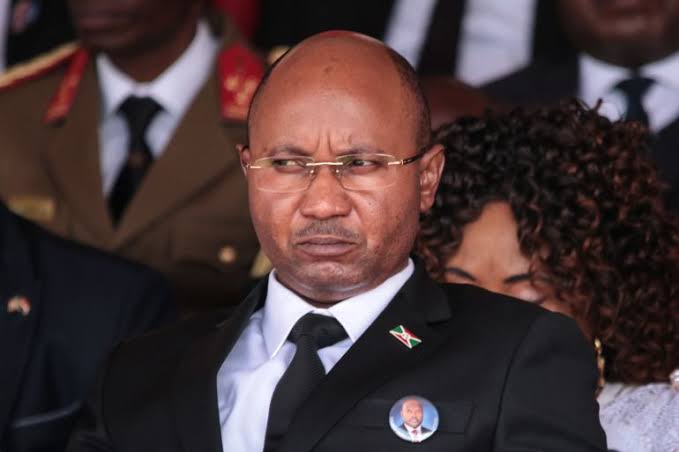
Faith Nyasuguta
Nigeria’s long-awaited mega-refinery, spearheaded by billionaire Aliko Dangote, marked a crucial advancement as it received its first shipment of one million barrels of crude oil from the Agbami offshore oil field.
Situated in the Lekki free zone, east of Lagos, this development is hailed as a crucial milestone for the $18.5 billion-plus project, initially scheduled for “late July, early August.”
Aliko Dangote, the visionary behind the Dangote Petroleum Refinery, emphasized the significance of this achievement and expressed optimism about delivering the refined products to the Nigerian market.
Nigeria, a major oil producer in Africa, currently imports most of its fuel due to the inefficiency of state refineries, leading to persistent fuel shortages.
The refinery, touted as the world’s largest single-train refinery, is projected to refine 350,000 barrels per day initially, eventually reaching 650,000 barrels when operating at full capacity. The refined products will include diesel, jet fuel, automotive fuel, and liquefied petroleum gas.
With an expected further influx of 5 million barrels in the coming weeks, the refinery is strategically located near the new Lekki deep-water port, aiming not only to alleviate congestion at the Port of Lagos but also to facilitate the export of Dangote’s refined oil to other African nations.
Aliko Dangote envisions that, ultimately, a minimum of 40% of the refinery’s capacity will be dedicated to exports, fostering significant foreign exchange earnings for Nigeria.
Despite facing delays and escalating costs, the refinery’s recent progress signals a promising stride toward achieving energy self-sufficiency in Nigeria.
Dangote, Africa’s richest man, stated in January 2022 that his oil refinery project would begin production by the end of the third quarter and reach full capacity by early 2023.

However, the project was delayed for several years, and the cost rose from Dangote’s earlier estimates of $12 billion to $14 billion then to $19 billion.
Dangote, who made his fortune in the cement industry, first announced plans to build a refinery in 2013, with the project set to be completed in 2016.
The billionaire then relocated the site to Lekkiin Lagos, increased the size, and announced that production would begin in early 2020.
Nigeria depends almost entirely on fuel imports after allowing its significant refining capacity of 445,000 bpd to become dilapidated over several decades.
RELATED:




